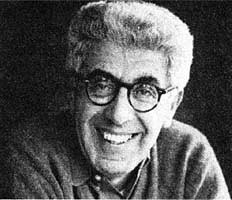oil
Ecuador: Some observations on the controversy over oil development in Yasuní-ITT

An aerial view of part of the Ya
Extreme weather, more extreme greenhouse gas emissions beckon urgent activism

By Patrick Bond, Durban
Venezuelan ecosocialist: Can the revolution be liberated from the oil economy?'
January 30, 2013 – Green Left TV – Part
France launches war in Mali to secure resources, stamp out national rights struggles

"The military attack in Mali has been condemned by groups on the political left in France, including the Nouveau parti anticapitaliste (New Anti-Capital
United States: An ascending trajectory? Ten of the most important social conflicts in 2012

Striking Chicago teachers rally, October 2012.
By Dan La Botz
December 31, 2012 -- New Politics -- The most important social conflict in the United States in 2012—the Chicago Teachers Union strike—suggests that the rising trajectory of social struggle in the United States that began at the beginning of 2011 may be continuing. While the United States has a much lower level of class struggle and social struggle than virtually any other industrial nation—few US workers are unionised (only 11.8%) and unionised workers engage in few strikes and those involve a very small numbers of workers—still, the economic crisis and the demand for austerity by both major political parties, Republican and Democrat, have led to increased economic and political activity and resistance by trade unions, particularly in the public sector.[1]
Canada: The creative potential of Indigenous social initiatives

Speech by Art Sterritt, introductory comment by John Riddell
Sandy: Frankenstormentas y cambio climático, o cómo el 1% creó un monstruo

[English at http://links.org.au/node/3078.]
Por Chris Williams, traducción para www.sinpermiso.info por Lucas Antón
Si el estudio al que te aplicas tiende a debilitar tus afectos y destruir tu gusto por esos placeres sencillos en los que no es posible que se mezcle ninguna aleación, entonces ese estudio es ciertamente ilícito y no le conviene a la mente humana.
Frankenstorms and climate change: How the 1% created a monster

Frankenstorm Sandy from space.
By Chris Williams



